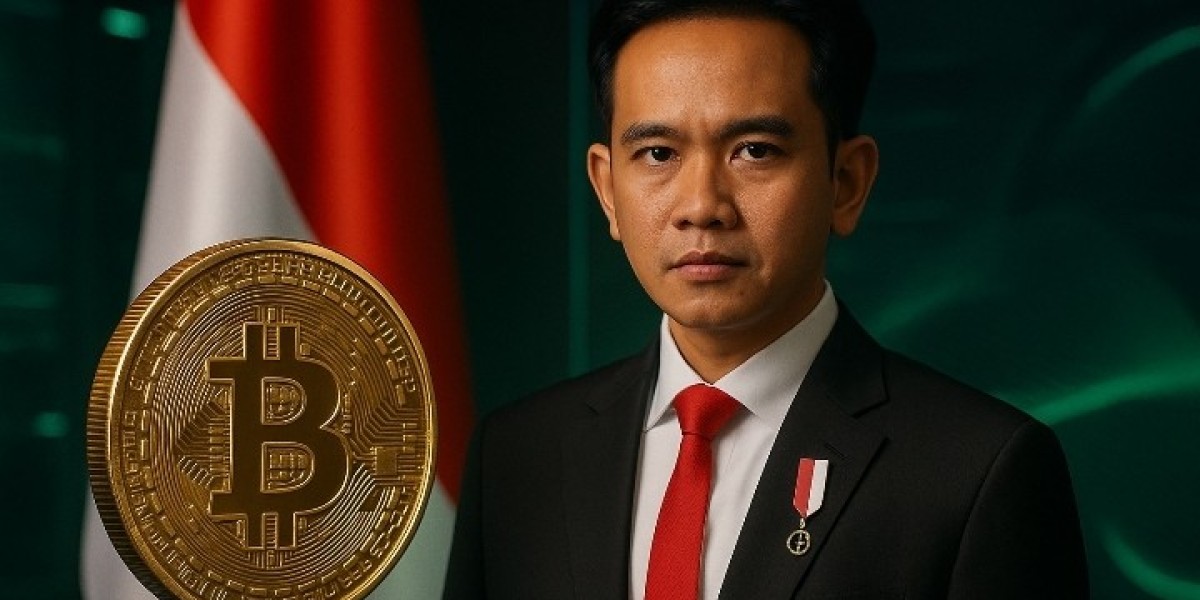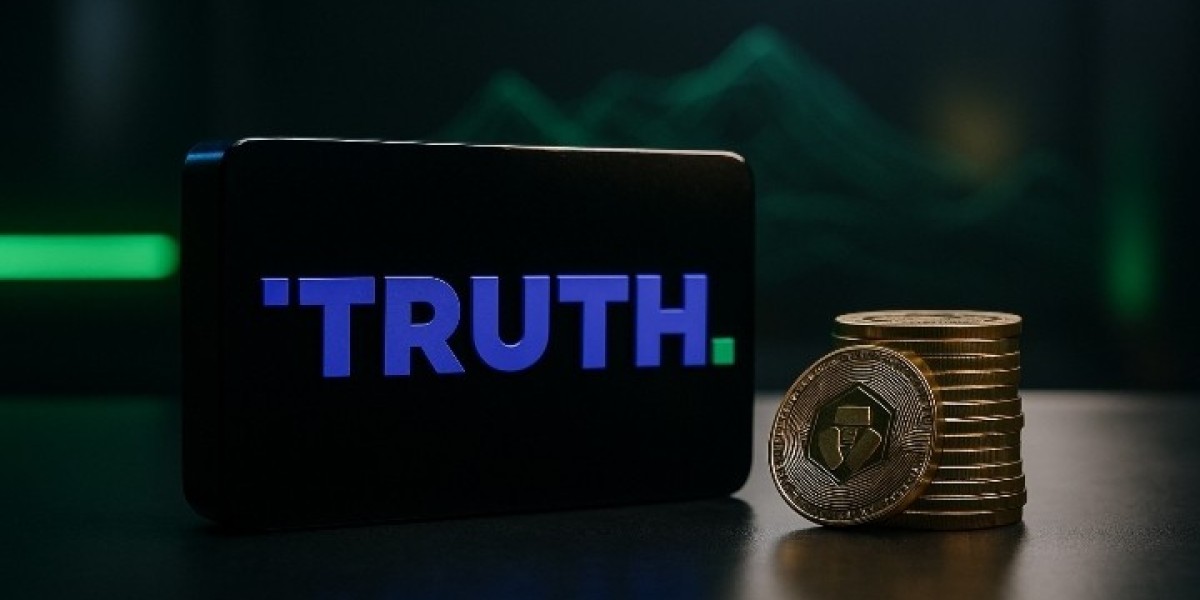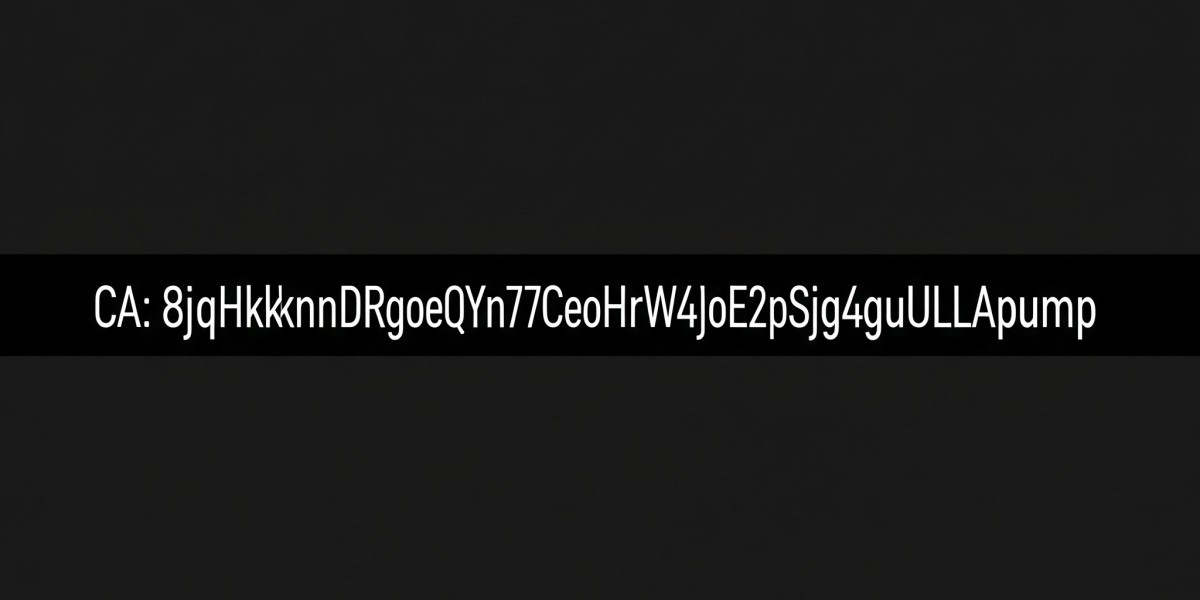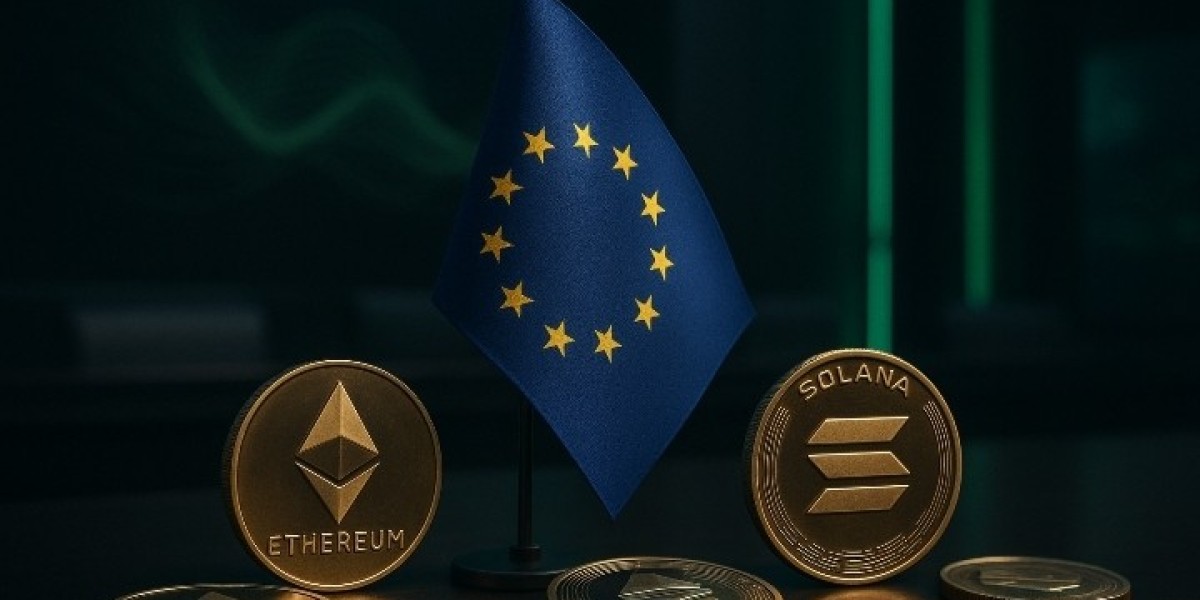The Government of the Republic of Indonesia is reportedly exploring the possibility of incorporating Bitcoin into its national reserves — a move that could reshape the country’s economic landscape and position it as a forward-thinking player in the global financial arena.
The discussion gained public attention after the Bitcoin Indonesia community (@bitcoinindo21) shared the news on the X platform, stating that the government is conducting early-stage assessments. These evaluations aim to determine the feasibility, benefits, and risks of holding Bitcoin alongside more traditional reserve assets such as foreign currencies, gold, and government bonds.
If this plan materializes, Indonesia would join a small but growing group of nations — such as El Salvador — that have officially recognized Bitcoin as part of their national reserves. Proponents argue that Bitcoin offers several advantages, including resistance to inflation, borderless transferability, and potential for long-term value appreciation. For Indonesia, this could also attract foreign investment and strengthen the country’s reputation in the rapidly expanding digital economy.
However, challenges remain. Bitcoin’s notorious price volatility poses a significant risk for national reserves that require stability. Regulatory frameworks would need to be updated to ensure compliance with international financial standards, and integration with existing monetary policy could be complex. Critics also warn that heavy reliance on digital assets could expose the economy to speculative market shocks.
Despite these concerns, the mere consideration of Bitcoin as a reserve asset reflects a notable shift in Indonesia’s financial discourse. It suggests that the government is open to diversifying its holdings beyond conventional assets, in line with global trends where cryptocurrency is increasingly seen as a legitimate store of value.
As the world watches, Indonesia’s final decision will not only influence its own economic future but could also inspire other nations in the region to reevaluate their stance on digital assets. The months ahead will be critical in determining whether this exploration will evolve into an official policy.








